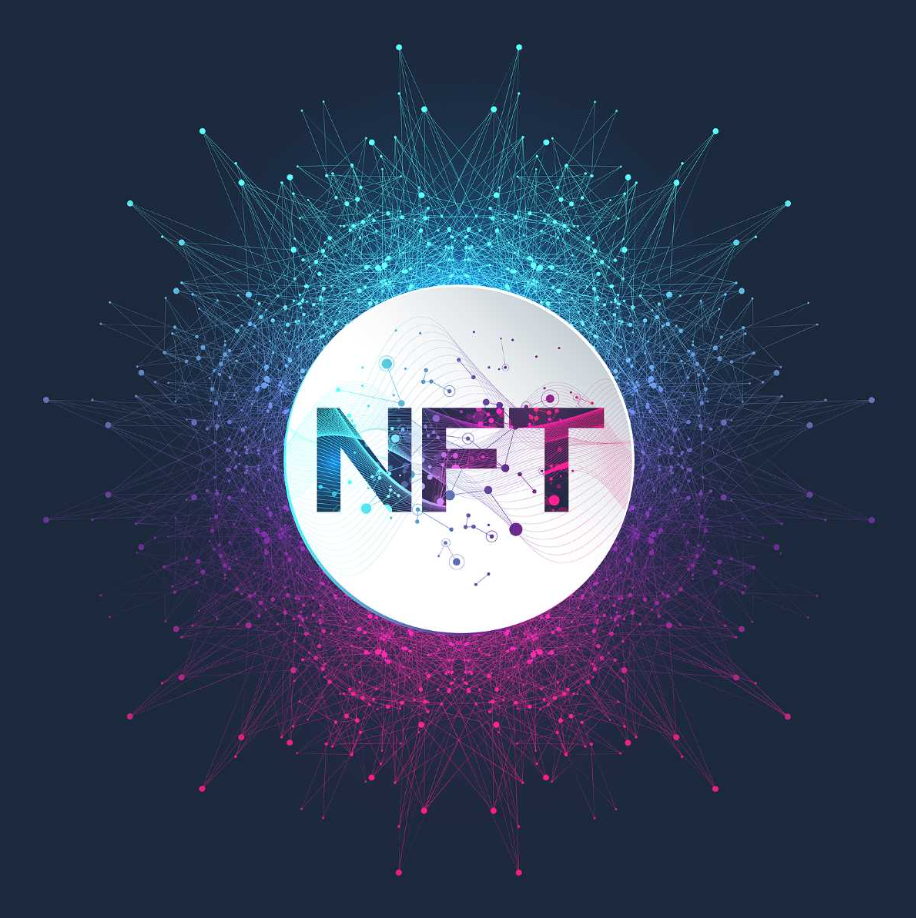Non-fungible tokens (NFTs) are digital assets, such as art, music, videos, and more, that can be bought and sold online. They are unique and non-interchangeable, with ownership recorded on a blockchain in a digital ledger.
NFTs: A Brief History
NFTs are not a new phenomenon. In 2017, CryptoKitties and other blockchain-based pet games gained popularity. Today, NFTs have generated sales of over $40 million, with the total value of NFTs increasing by $250 million in 2020. The coronavirus pandemic has played a vital role in this surge, as people spent more time online and had fewer opportunities to spend cash.
Copyrights and NFTs
Owning an NFT does not always equate to being the author of the work. Minting an NFT for someone else who owns the rights can be considered a copyright violation. To mint an NFT, the creator must have the constitutional rights, either as the creator of the digital asset or holding the copyright for the NFT.
Rights of Buyers and Sellers
NFTs are generally sold through auctions, with sellers offering their NFTs in marketplaces and buyers purchasing from the same platform. Buyers acquire a non-exclusive license after purchasing an NFT, allowing them to display the NFT in their e-wallet. However, the sale of an NFT does not usually transfer the copyright.
Exceptions to this include cryptographic licenses of NFTs, such as Tiamonds, an asset-backed diamond NFT that transfers complete ownership to the buyer.
Trademark Protection for NFTs
Trademarks protect brands, ensuring that others cannot use or copy them. They are used to distinguish the source of goods and services. In the context of NFTs, trademarks play a crucial role in maintaining the uniqueness and value of the digital assets.
Conclusion
NFTs (Non-Fungible Tokens) are a new class of digital assets with their own trademark policies and copyrights, offering protection and unique value to creators and buyers. As NFTs continue to revolutionize the way we buy and sell digital content, understanding their legal aspects becomes increasingly important.









